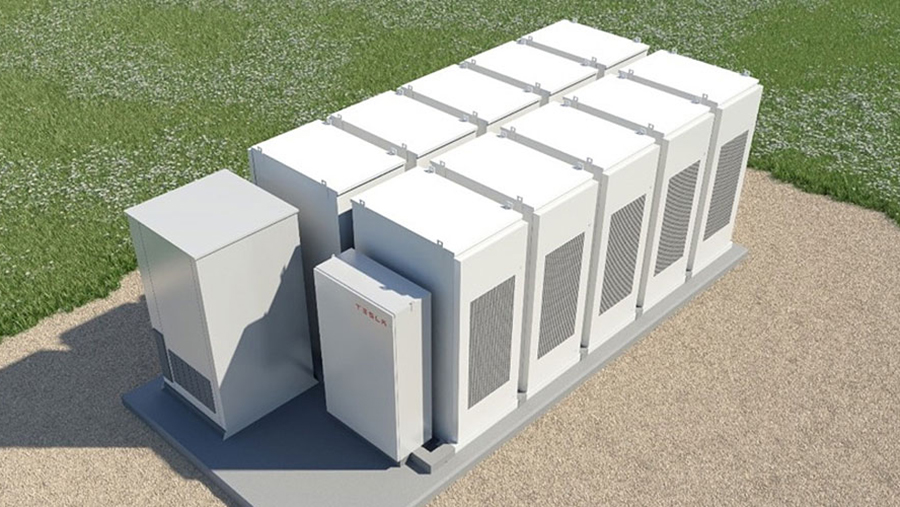UK’s largest energy exhibition holds free session for farmers
 Solar battery storage
Solar battery storage All-Energy 2018 – the UK’s largest renewable energy exhibition, will include a free-to-attend 90-minute conference session, specifically designed for farmers and landowners.
The event takes place at the Scottish Event Campus, Glasgow from 2-3 May, with the farmers and landowners session at 11am on Thursday (3 May).
The conference session will focus on potential income streams for farmers and landowners, including making use of unproductive land, energy storage and woodfuel.
Among the speakers, farmer David Smith will explain some of the opportunities in relation to hydrogen production on farms. His renewables business has recently tendered to provide Aberdeen City Council with hydrogen to run its bus fleet.
For more information go to the All-Energy 2018 website.
Making money from energy
Energy storage systems on farms have a major role to play in the next step of the “energy revolution”, with farmers well placed to make money from so-called “grid-balancing services”.
While the diversity of renewable technologies, such as wind and solar, bring a number of advantages, it also poses challenges in terms of supply and demand,” explains Jim Campbell from Scotland’s Rural College.
See also: How to avoid hidden farm energy costs in PPAs
As such, there is a need for “smart” infrastructures, including storage technologies such as on-farm batteries.
These can either be small-scale, “behind the meter” units to benefit the farmer directly, or large-scale to support the wider electricity market.
Mr Campbell, who will be chairing a session at the All-Energy 2018 conference in Glasgow next week, said there has been an awareness among farmers for some time that on-site energy storage could provide a range of benefits.
“As battery prices fall and the electricity market is reformed, the situations where storage installations can be financially viable are increasing,” he said.
“Now is the time to familiarise yourself with the technology and be ready to take advantage of opportunities that arise.”
Although careful financial analysis and system design is needed, farmers operating energy storage facilities can reduce energy import costs and also make money for providing grid-balancing services.
